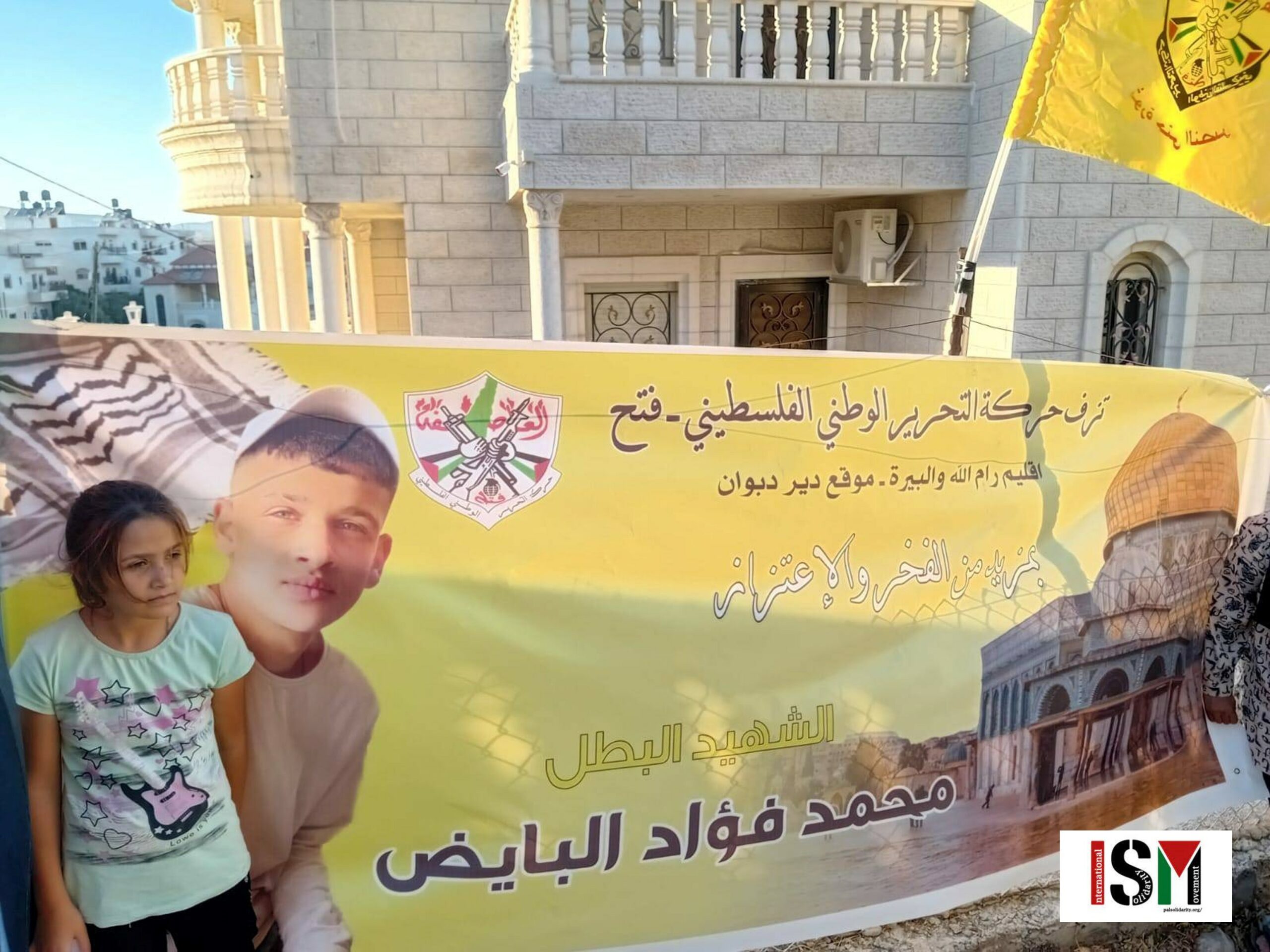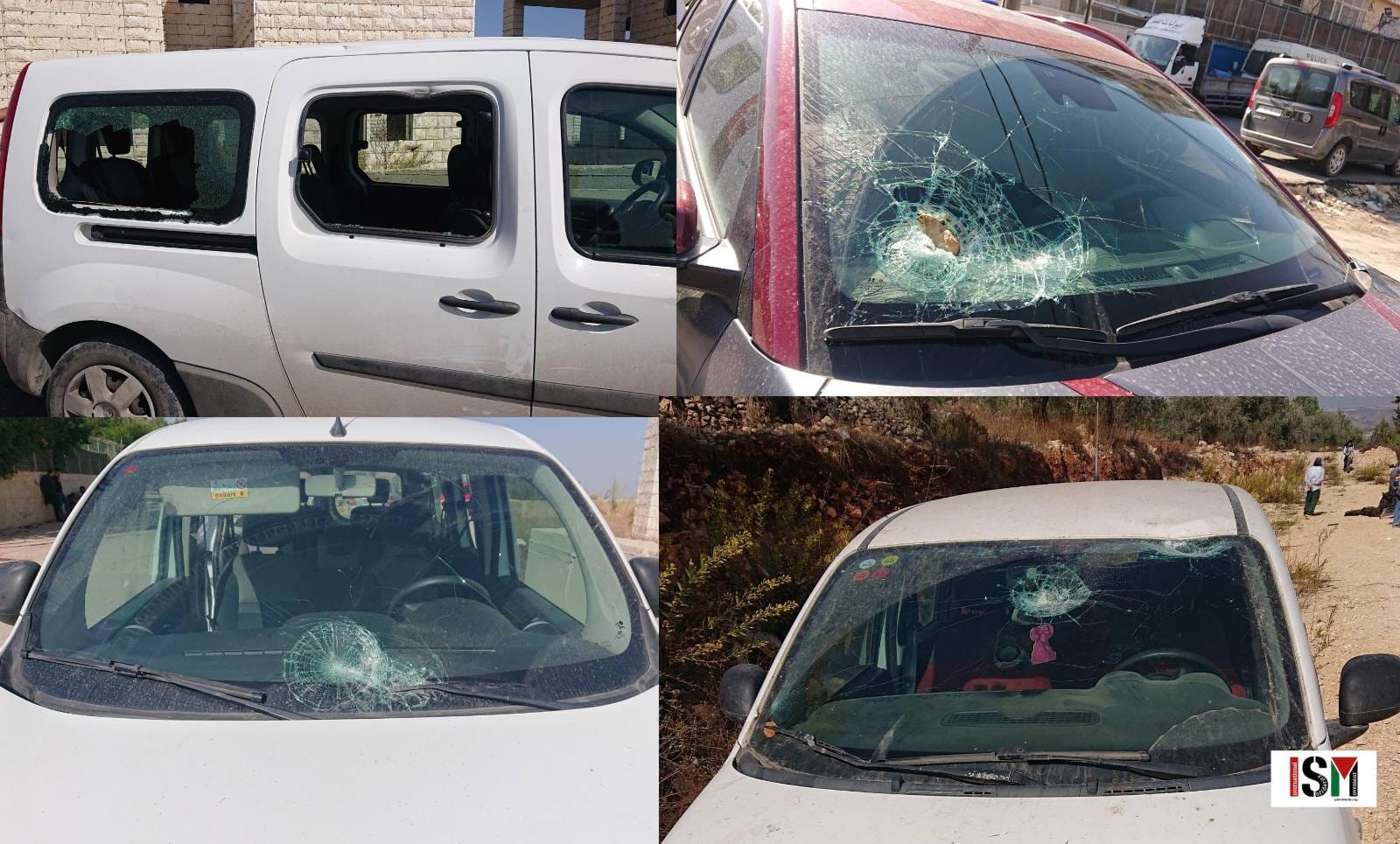Tag: Settler violence
-
Israeli Forces Kill Unarmed Teenager in Umsafa
On Friday 23rd July, Israeli occupation forces fatally shot Mohammed Fouad Atta Bayyed, 17, at a demonstration in Um Safa, a village north of Ramallah which, for the past few months, has been marked by increased settler violence and encroachment. With at least hundreds of Dunams of land confiscated by the Israelis for the purpose…
-
The olive harvest: Struggle, resistance and oppression
December 31 | International Solidarity Movement | Olive Harvest journal The olive harvest in Palestine (October – November) represents much more than simply picking olives. While it is an important contributor for the income of thousands of families in the West Bank – with a revenue between $160m and $190m in 2021 according to…
-
Attacks and disruption in Al-Khalil as settlers celebrate Sarah’s Day
December 29 | International Solidarity Movement | Al-Khalil Around 30,000 settlers gathered in Al- Khalil (Hebron) on Saturday, November 19, to celebrate Sarah’s Sabbath and wreaked havoc in the Old City market, attacking Palestinians and their shops, houses and destroying cars. This happened under the watch of the Israeli army who cordoned the area so…



